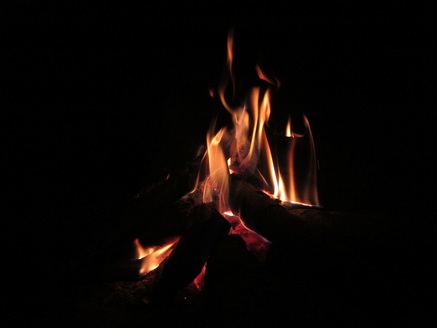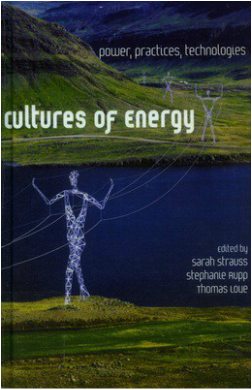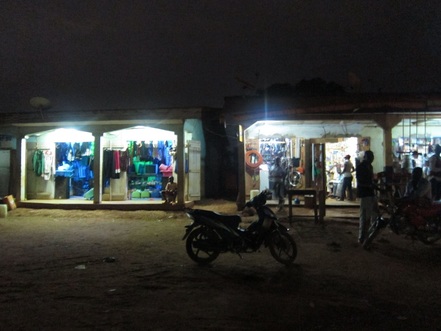|
Cultural Notions of Energy
Since joining the Department of Anthropology at Lehman College, I have developed a new project that connects my conceptual interest in cultural expressions of value and power with the dynamic ethnographic environment of New York City itself. The conceptual basis of this project, too, lies in my field work in the Congo River basin, where I had collected people’s discussions of technology, energy, and modernity in a context where the absence of electricity renders such matters almost entirely hypothetical. In southeastern Cameroon, the only forms of material energy are sunlight and fire, food and human labor. Villagers often inquired about electrically mediated technologies that they heard about or encountered, such as satellites passing overhead or the shortwave radio of the village head. In trying to understand and express how such technologies work, they often turned to metaphors of magic or sorcery—powers usually held by others, powers often both feared and desired by villagers. These metaphors are often linked with both supernatural and political power, and are imbued with suspicion and anxiety because how such powers are measured, controlled, and allocated remains opaque. |
Fire, food & fellowship. Dioula-Beliguela, southeastern Cameroon. July 2014.
|
|
Returning to the United States as a faculty research associate at the Harvard Kennedy School, my colleagues included experts in nuclear technologies and non-proliferation. The discourse about technology, energy, and power in this field of nuclear research and policy echoed metaphors of suspicion, anxiety, and occluded power expressed by equatorial Africans. As I probed further into North American expectations of technology and energy, I began to see that many urban Americans have little formal understanding of technology and energy, but rely instead on metaphors of magic or matters of faith to explain energy in their lives, where it comes from, how it is generated, transmitted, and distributed, and who or what controls this process.
Building on this comparative intersection of cultural imaginings of energy and power, I have designed a multi-phase ethnographic study of energy and energy technologies in New York City, a long-term, ongoing project. I have gathered and analyzed ethnographic accounts of what New Yorkers think energy is, providing a contemporary re-analysis of theories of causation that bring together science, magic, and religion. I have been investigating energy in the city through punctual episodes of blackouts, looking at how people think about energy when it is absent. I have been researching how variable experiences of the collapse of energy infrastructure reveal and problematize underlying social, economic, and political structural inequalities. I am currently investigating children’s conceptions of energy, as their notions of energy and how it works spans the worlds of imagination and of science. I co-organized and co-edited Cultures of Energy: Power, Practices, and Technologies, which is the first comparative collection of ethnographic research on energy. |
Thomas Edison designed the New York City electrical grid to be
subterranean, invisible, and taken for granted. |
|
Moloundou, a town on the Ngoko River, southeastern Cameroon. July 2014.
A municipal generator installed in 2002, despite its unreliability, has altered economic networks and social interactions, especially at night. Breakdowns of the generator are common, and are explained as resulting from conflicts between engineers for the national power company and local practitioners of sorcery. |
Analyses of social understandings and political structures of energy systems are crucial; there is much still to be done in this area of research. I am currently designing a new course on “Energy and Society” that will examine the multidisciplinary field of energy studies and will integrate student research on energy in the vast ethnographic context of New York City, including research areas such as public transportation, energy in the body, alternative energy options, energy and political structures, and the urgent issue of climate change, energy usage, and city planning, to name just a few potential topics. The overall goal for my research on cultures of energy is to render energy and its processes in everyday life visible. If we are to manage our global energy resources more sensibly, we need to find ways to make energy and energy technologies visible and measurable so that consumers can appreciate, manage, and be accountable for our energy utilization at individual, community, national, and global levels. |



